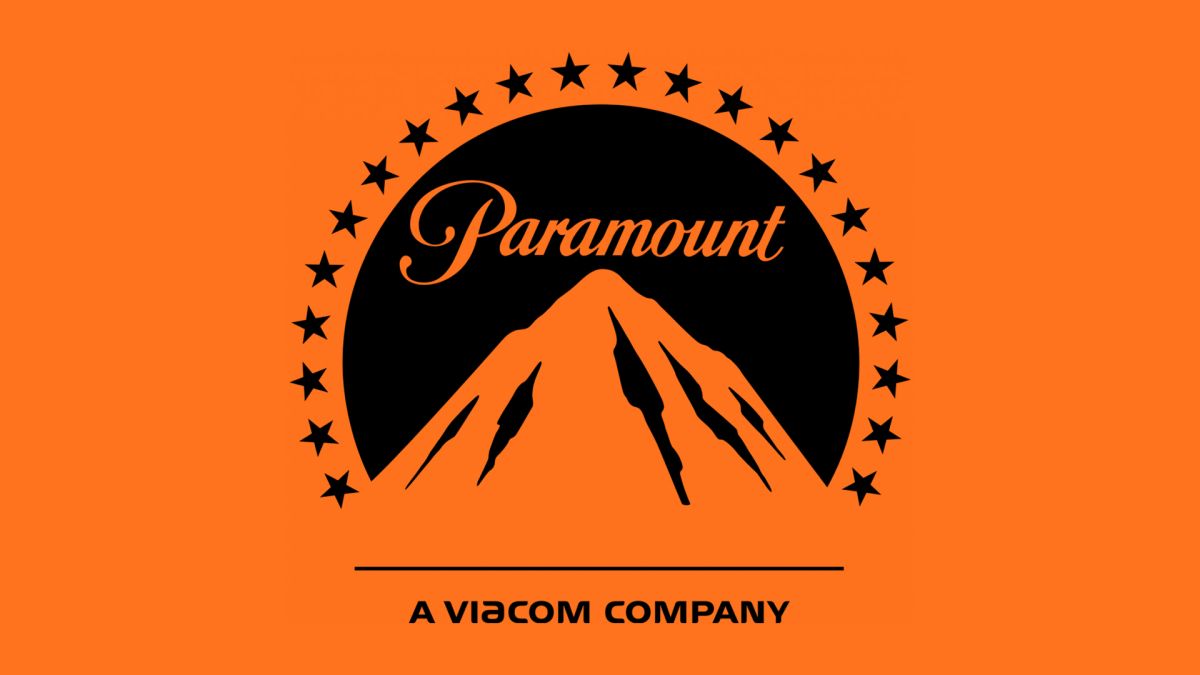
An $8bn (£5.9bn) merger between Paramount Global and Skydance Media has been approved by the US Federal Communications Commission (FCC).
The merger between the independent film studio and one of Hollywood’s oldest and most storied companies was first announced in 2024.
The approval came just weeks after Paramount Global agreed to pay $16m (£13.5m) to settle a legal dispute with US President Donald Trump over an interview it broadcast on subsidiary CBS with former Vice-President Kamala Harris.
The settlement did not include a statement of apology or regret.
FCC head Brendan Carr, who was appointed by the president, announced the merger’s approval on Thursday, saying he welcomed Skydance’s ideas to make “significant changes” at CBS.
The approval means the merger could be finalised soon but Paramount did not provide an expected completion date when asked by the BBC. Skydance did not immediately reply to a request for comment.
The FCC agreed to transfer broadcast licences for 28 owned-and-operated CBS television stations to the new owner.
“Americans no longer trust the legacy national news media to report fully, accurately, and fairly,” Mr Carr said. “It is time for a change.”
Mr Carr said Skydance had made promises to the agency, including a “commitment to unbiased journalism” where the merged company would install a ombudsman to evaluate complaints of bias.
Skydance also promised to end diversity, equity, and inclusion efforts, something the Trump administration has targeted.
The FCC voted 2-1 to approve the deal, with one commissioner, Anna Gomez, a Democrat, dissenting.
“After months of cowardly capitulation to this administration, Paramount finally got what it wanted. Unfortunately, it is the American public who will ultimately pay the price for its actions,” she wrote.
Paramount Global traces its origins back more than a century to the founding of Paramount Pictures Corporation in 1914. The studio has made many hit films, including the Godfather, Star Trek, and Mission: Impossible series.
Paramount owns streaming service Paramount+, as well as Paramount Pictures, CBS, Nickelodeon, BET, MTV, Comedy Central and other media brands.
But the entertainment giant has struggled over the past decade.
Skydance is owned by David Ellison, the son of Larry Ellison, who founded US technology giant Oracle.
The FCC’s approval was necessary for the deal to move forward.
The deal, which includes CBS, Paramount Pictures and Comedy Central, was approved after a series of moves by Paramount, including settling a lawsuit from Trump.
According to both the Wall Street Journal and New York Times, the settlement over the 60 Minutes interview was agreed – with the help of mediator – so as to not affect the planned merger, which the FCC was reviewing and therefore Trump technically had the power to halt.
Trump had alleged the network had deceptively edited an interview that aired on its 60 Minutes news programme with his presidential election rival Kamala Harris, to “tip the scales in favour of the Democratic party”.
Paramount said it would pay to settle the suit, but with the money allocated to Trump’s future presidential library, not paid to him “directly or indirectly”.
It also comes just days after CBS, owned by Paramount, announced it would end The Late Show with Stephen Colbert, who has been critical of Trump.
The network said the move “is purely a financial decision against a challenging backdrop in late night [television]” and “is not related in any way to the show’s performance, content or other matters”. (BBC)


